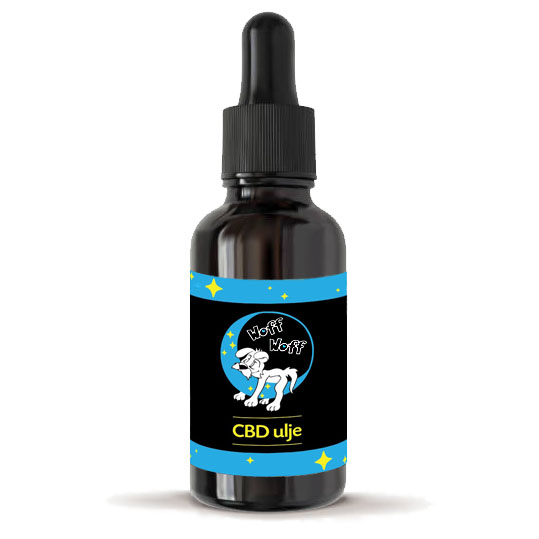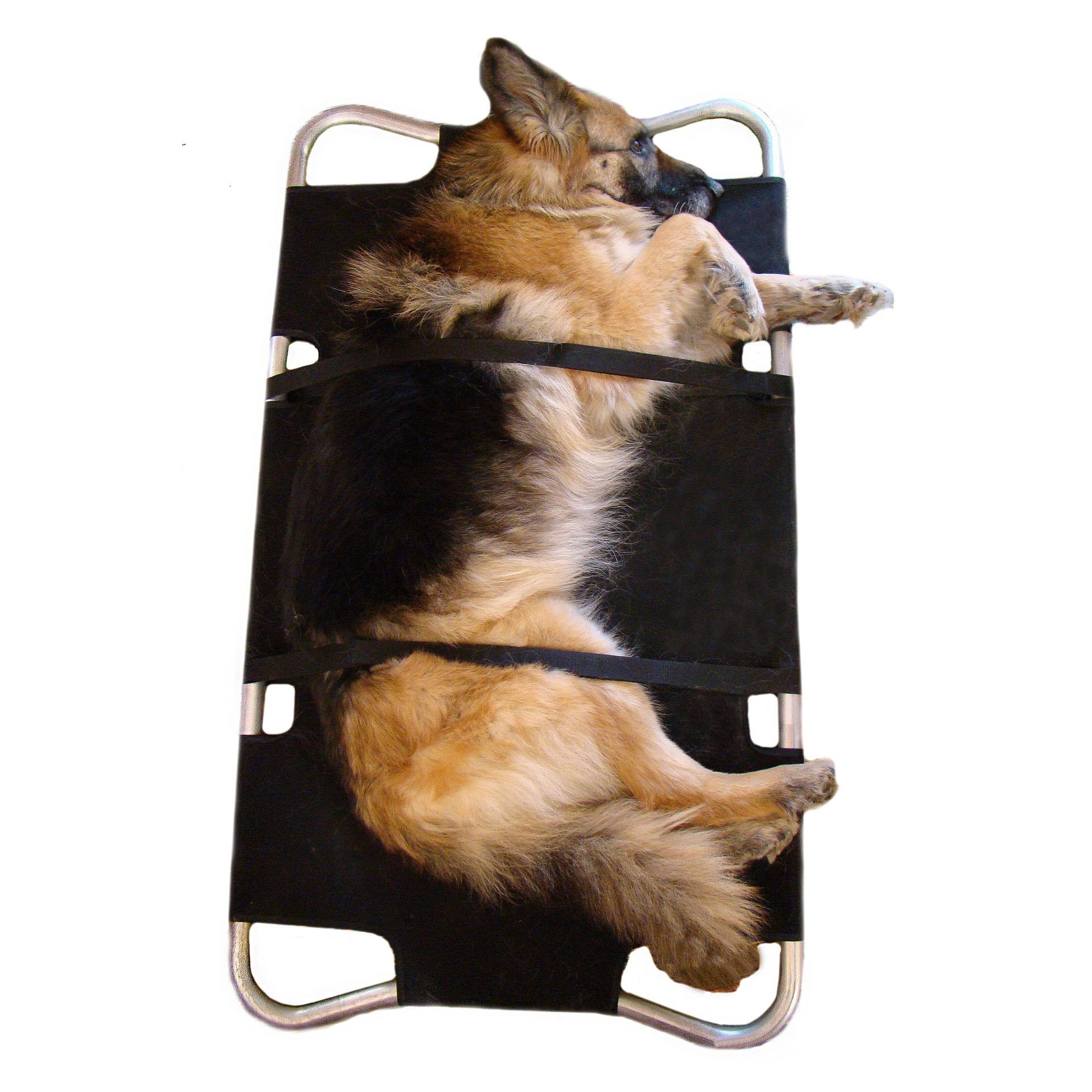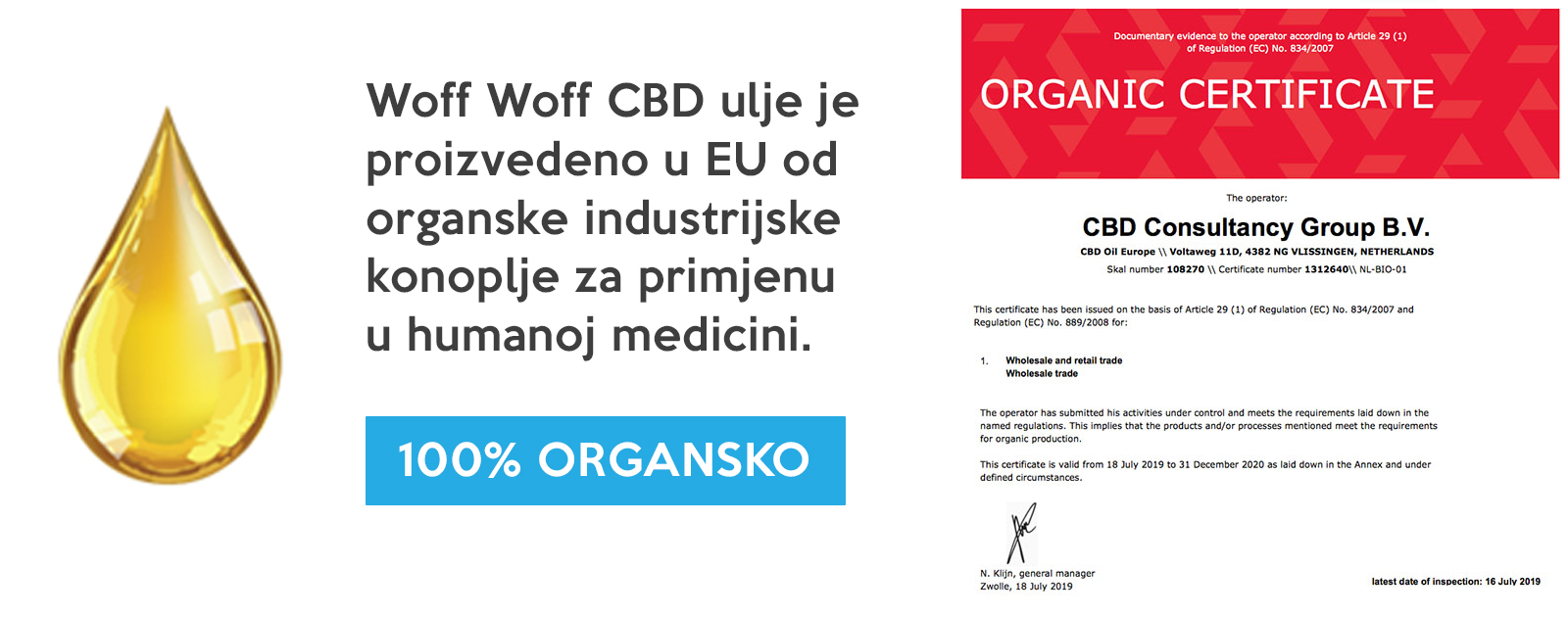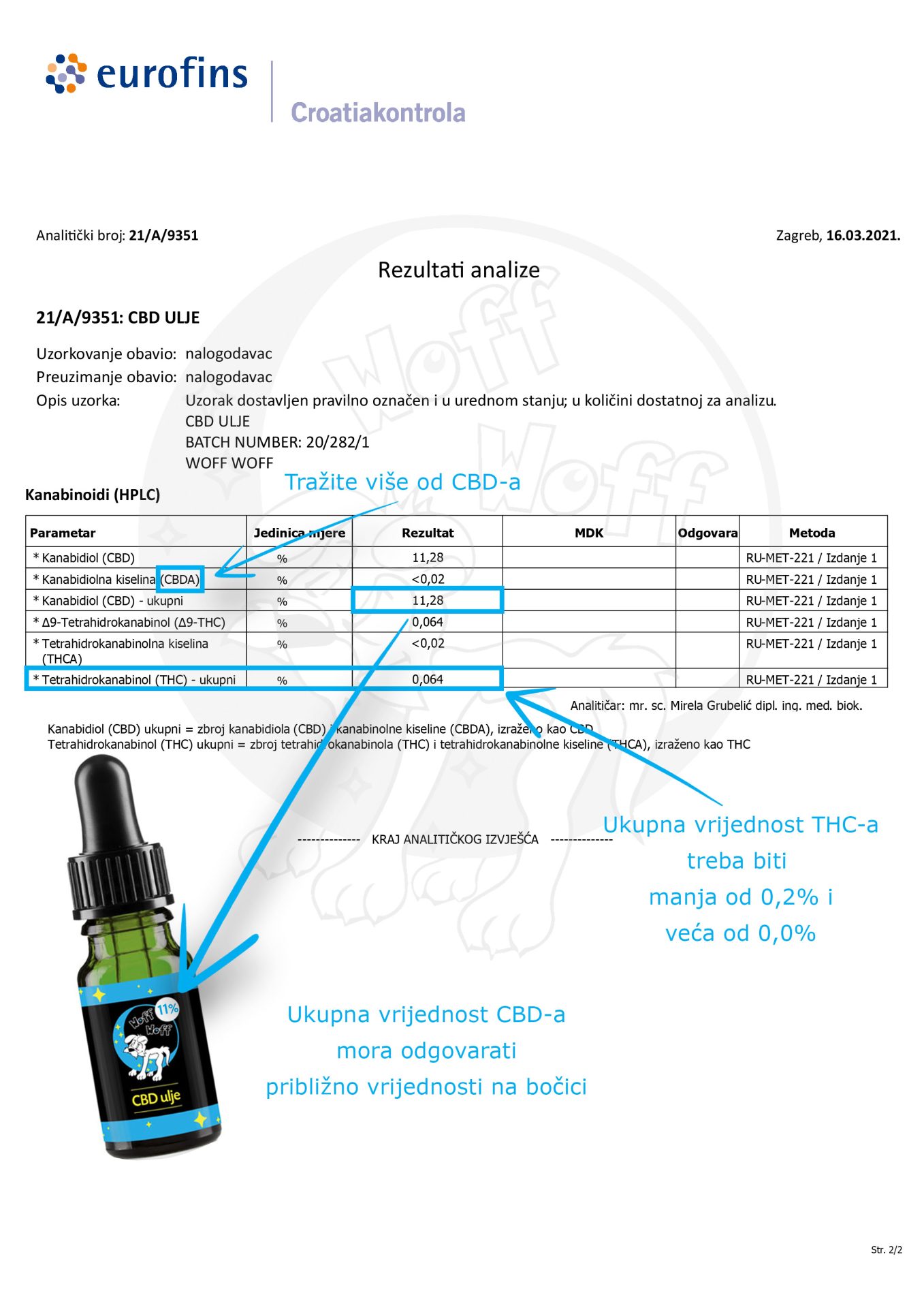Chronic bronchitis in dogs is an inflammation that affects the airways that branch from the trachea to the lungs. They are called bronchi and bronchioles, and they allow air to be transported to and from the alveoli in the lungs. Alveoli enable the exchange of two gases: oxygen and carbon dioxide.
Inflammation of the airways causes the production of secretions that clog them. The result is a weakened ability to bring oxygen to the alveoli to supply the organism.
Chronic bronchitis (lasting more than two to three months) is associated with inflammation and swelling of the bronchial walls, which causes narrowing of the airways or the formation of mucus plugs. In case of chronic bronchitis, the cause cannot be identified. Inflammation in chronic bronchitis is not reversible, but symptoms can be alleviated.
The most common signs of chronic bronchitis include a daily cough, shortness of breath and/or wheezing. Coughing in dogs is often more pronounced after waking up. Coughing episodes in a dog can look like vomiting, when in fact the dog is having a coughing fit followed by vomiting due to irritation.
Some dogs may have difficulty with physical activity. It should be taken into account that these signs are not specific only to bronchitis. They can also be seen in other diseases including heart failure, pneumonia, allergies and cancer.
Diagnosing
A chest X-ray is usually the first test to diagnose canine bronchitis. The presence of changes in the respiratory tract combined with the dog's clinical history (middle to old age with a cough for two to three months) may be sufficient to establish a diagnosis of chronic bronchitis. Additional tests may be done to rule out other respiratory diseases such as lung parasites or allergic bronchitis. Any bacterial or parasitic infection must be diagnosed and treated.
Additional tests allow the collection of fluid and cells from the dog's lungs. These samples are sent to a laboratory to determine what types of cellular changes are occurring in the lungs. If a bacterial or parasitic infection is present, the results will help determine which therapy might be most effective.
This test involves anesthesia, so if the dog's condition is critical, it may not be advisable to subject the dog to this procedure due to the possible risks.
How to make it easier for the dog?
Dogs with chronic bronchitis often have sensitive airways, and inhaling irritating particles from the environment can worsen their condition. It is strongly recommended that their exposure to: insecticides, mosquito repellents, tick and flea repellents, smoke (cigarettes, grills, fireplaces), dust, air fresheners, carpets, perfumes, hair sprays and cleaning products, eliminate or minimize.
Two groups of drugs are usually prescribed: bronchodilators and corticosteroids.
Bronchodilators (in theory) help widen or open the airways by relaxing the muscles around the walls of the airways. The overall effectiveness of these drugs alone is minimal in most dogs. Common side effects of bronchodilators in dogs can include vomiting, nausea, restlessness and lethargy.
Corticosteroids are anti-inflammatory drugs that reduce inflammation and swelling of the airway walls. Side effects of corticosteroids can include increased appetite, increased urination, increased thirst, and anxiety (restless walking, restlessness). And we must not ignore their long-term harmful effect on the body.
We're getting to the point that cough medicine may not be the best choice. Besides the fact that their positive effect is questionable, they can be toxic and cause side effects that could make the dog sicker than it already is.
We don't want our dog to suffer from a cough, but giving medication can also be harmful. Even the medications your vet prescribes can have unwanted side effects and risks that we need to be concerned about.
The good news is that there are many natural alternatives. And they not only help reduce symptoms, but also prevent the spread of inflammation. Try them, because you will help the dog to feel better, and you will not worry that they will make him even more ill.
CBD oil
What can CBD oil do for dogs with chronic bronchitis? CBD oil has anti-inflammatory properties. It can help reduce inflammation of the trachea and bronchial airways. It can also help with pain caused by throat irritation. The calming effects of CBD can help relieve anxiety, which is important because anxious or agitated dogs with chronic bronchitis can overexert themselves and have even more trouble breathing.
When choosing CBD oil, it is important to choose a product that is obtained from organic biomass, for which it must have a Certificate of Organic Cultivation. This is important so that they do not introduce pesticides and other chemicals from farming into the dog's body.
Cbd oil for dogs - certified organic
Then the COA (certificate of analysis) or Laboratory analysis of an authorized laboratory is indispensable (it is not a picture or a description of the product on the web that can be written by anyone). The COA is the only confirmation of the actual amount of CBD and THC in the bottle! Everything else is a lottery and selling fog.
CBD oil for dogs - COA Laboratory analysis by an authorized laboratory
CBD oil should be in hemp oil! Avoid CBD found in other oils such as MCT, coconut oil and the like. Such oils can cause side effects and worsen the condition of your nose.
Also avoid homemade CBD oils, "from a neighbor who has been doing it for years", the quality of that oil, the amount of THC, solvents it may contain, and the actual proportion of CBD are all unknowns and risk factors that can harm the dog and worsen condition of the dog.
A few more tips that can ease coughing in dogs...
- Cool Mist Humidifier – can relieve coughs by reducing irritation of the larynx and airways. The moisture from the steam dilutes secretions, making them easier to cough up.
- Probiotics and prebiotics
- Manuka honey
- Medicinal mushrooms
- Garlic
- Pineapple
- Homeopathic preparations
Dosage, preparation and method of administration should be determined with a holistic veterinarian, never on your own!
#addlove #woffwoff #tvornicapsecihsnova #self-verified
Author: Morana Barbara Lučić
Follow Woff Woff on Facebook
Join the Woff Woff group at Facebook
All information on the Woff Woff website is informative and educational in nature, as such it cannot replace the advice or diagnosis of a veterinarian.
Product performance descriptions are based on the traditional use of their individual components and do not necessarily include all precautions.
Do not use the information contained on this website for diagnosis or treatment without consulting a veterinarian.










